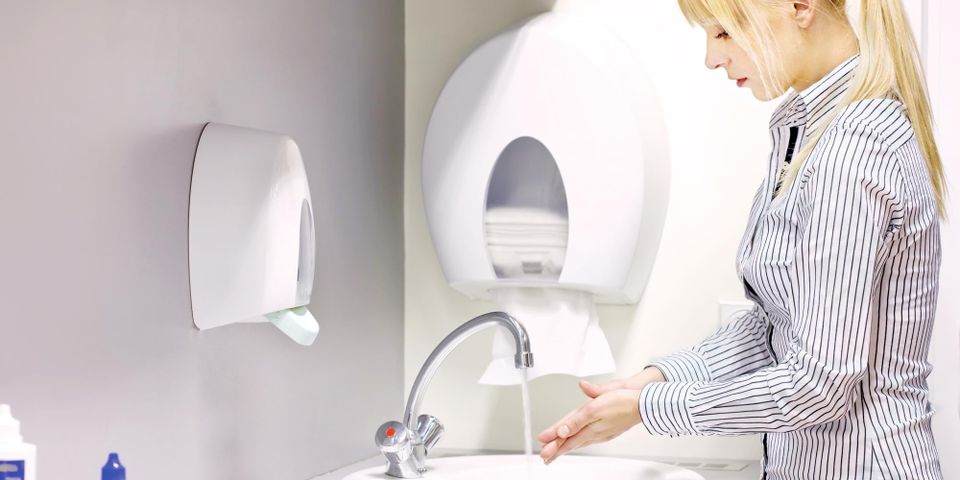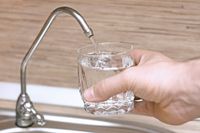Hard Water Vs. Soft Water – What You Need to Know

Not all water is created equally. There is hard water, and there is soft water. And, while both might be drinkable, there are definitely some differences, and those differences are all that really matter. Most prefer soft water as it easier on your body and your many things in your home. But why is that? Here is an explanation of water basics and why a water softener is needed in your home.
A Guide to Water Softener Basics
Hard Water vs. Soft Water
Hard water is water that contains dissolved mineral ions such as calcium and magnesium. As water travels underground, it may collect these minerals. This is not harmful to human health and can be ingested. However, some do not like the more bitter/metallic taste. Hard water can also have a number of effects on your home and body.
Soft water, in comparison, is water whose metallic ions have been replaced with sodium ions. Rainwater and distilled water are forms of soft water.
What Are the Signs of Hard Water in Your Home?
 One of the first is that soap does not lather well. Instead of becoming sudsy, it forms a white precipitate or soap scum that seems to stick to everything such as shower walls. Another sign is build-up or mineral deposits on faucets, sinks, bathtubs, and appliances. This build-up is typically white due to the calcium and magnesium in the water.
One of the first is that soap does not lather well. Instead of becoming sudsy, it forms a white precipitate or soap scum that seems to stick to everything such as shower walls. Another sign is build-up or mineral deposits on faucets, sinks, bathtubs, and appliances. This build-up is typically white due to the calcium and magnesium in the water.
Over time this can clog plumbing and reduce the efficiency of many appliances such as dishwashers, washing machines, and even coffee makers. It also leaves a film or spots on dishes and bathtubs, so that they still look dirty, no matter how many times you have cleaned them.
Laundry is also affected. Clothes may seem scratchy and might have a smell to them. You may also notice that your skin and scalp seem itchy and dry. Your hair too is drier and may seem limp, lifeless, and even look dull. This is because the minerals found in hard water can dry out your skin and hair. Perms and dyes will also fade faster due to hard water, and your hair may even break more easily.
How Can You Treat Hard Water?
Hard water can undergo treatments that “soften” it, making it soft water. For most, this done through an ion exchange in a salt-based water softener, as mentioned before. However, chemicals such as chelators can be used to soften water as can citric acids, which can be found in shampoo, soap, and many laundry detergents. Most water treatment companies offer several different kinds of water softening and conditioning options based on your needs.
If you are in need of water treatment or purification systems, Affordable Water Treatment can give you the personalized attention you need. As a family owned and operated business, they have been serving western Washington for over 50 years with the best water treatment around. Call (253) 858-7644 or visit their website for more information on their water softeners.
About the Business
Have a question? Ask the experts!
Send your question

